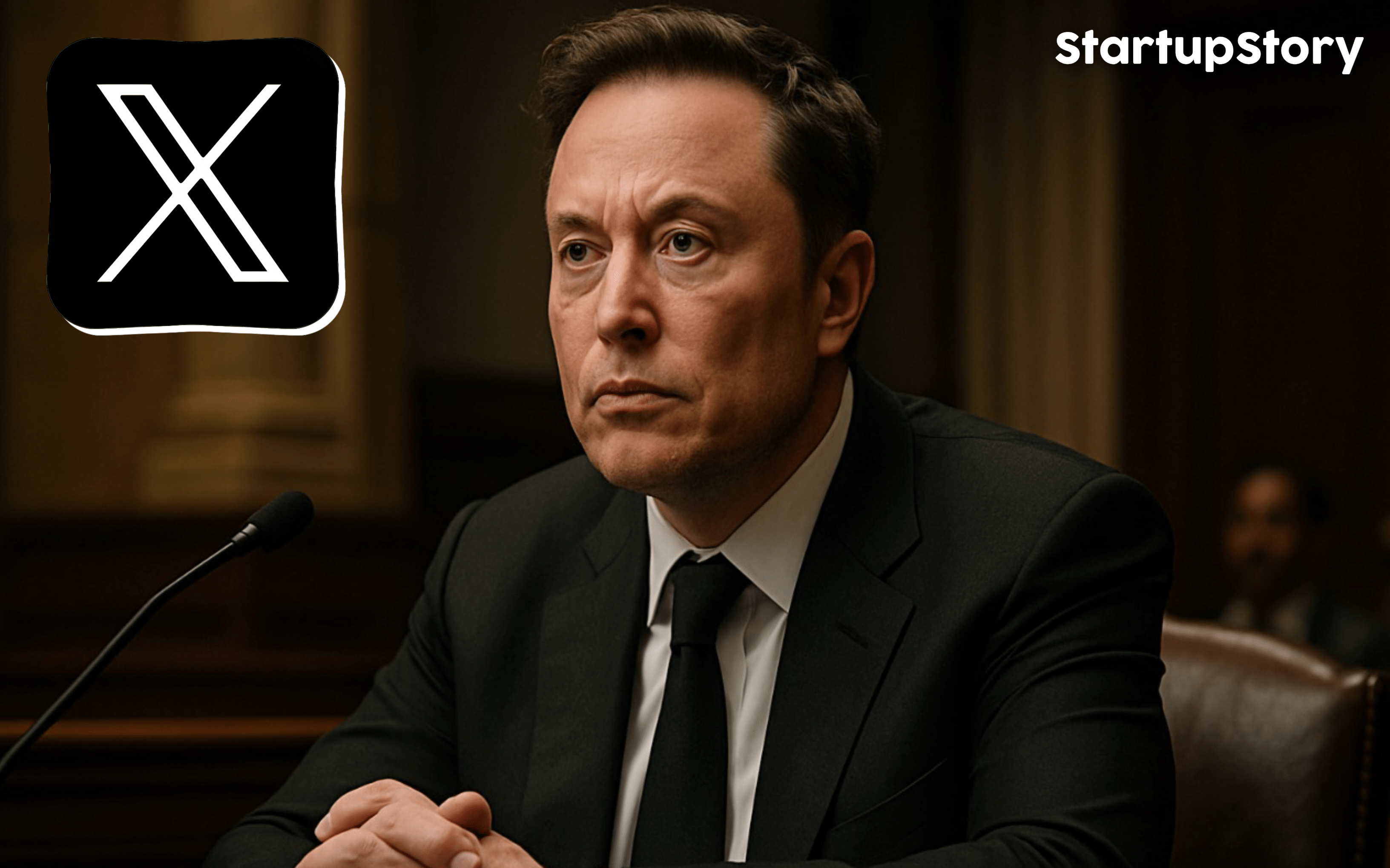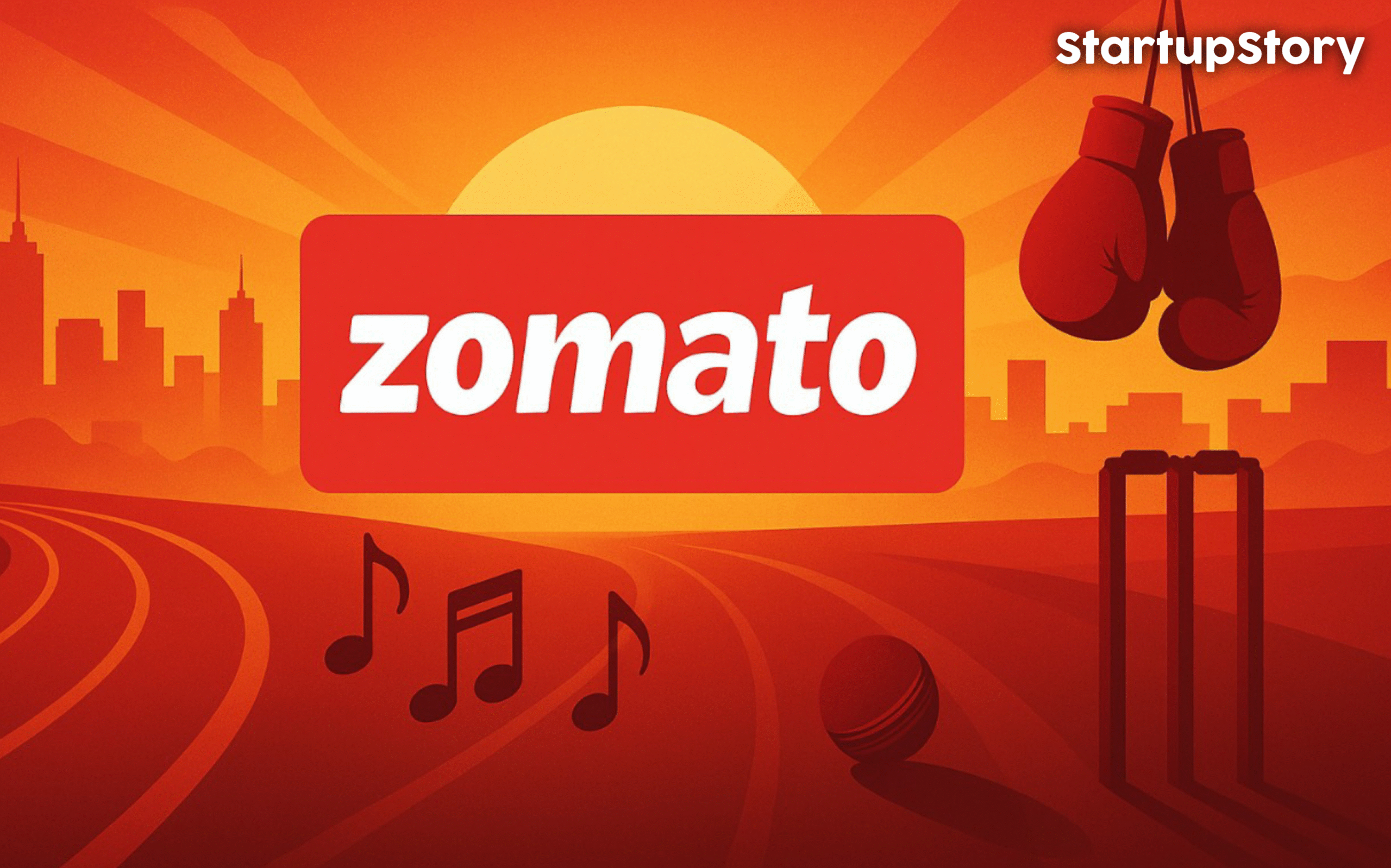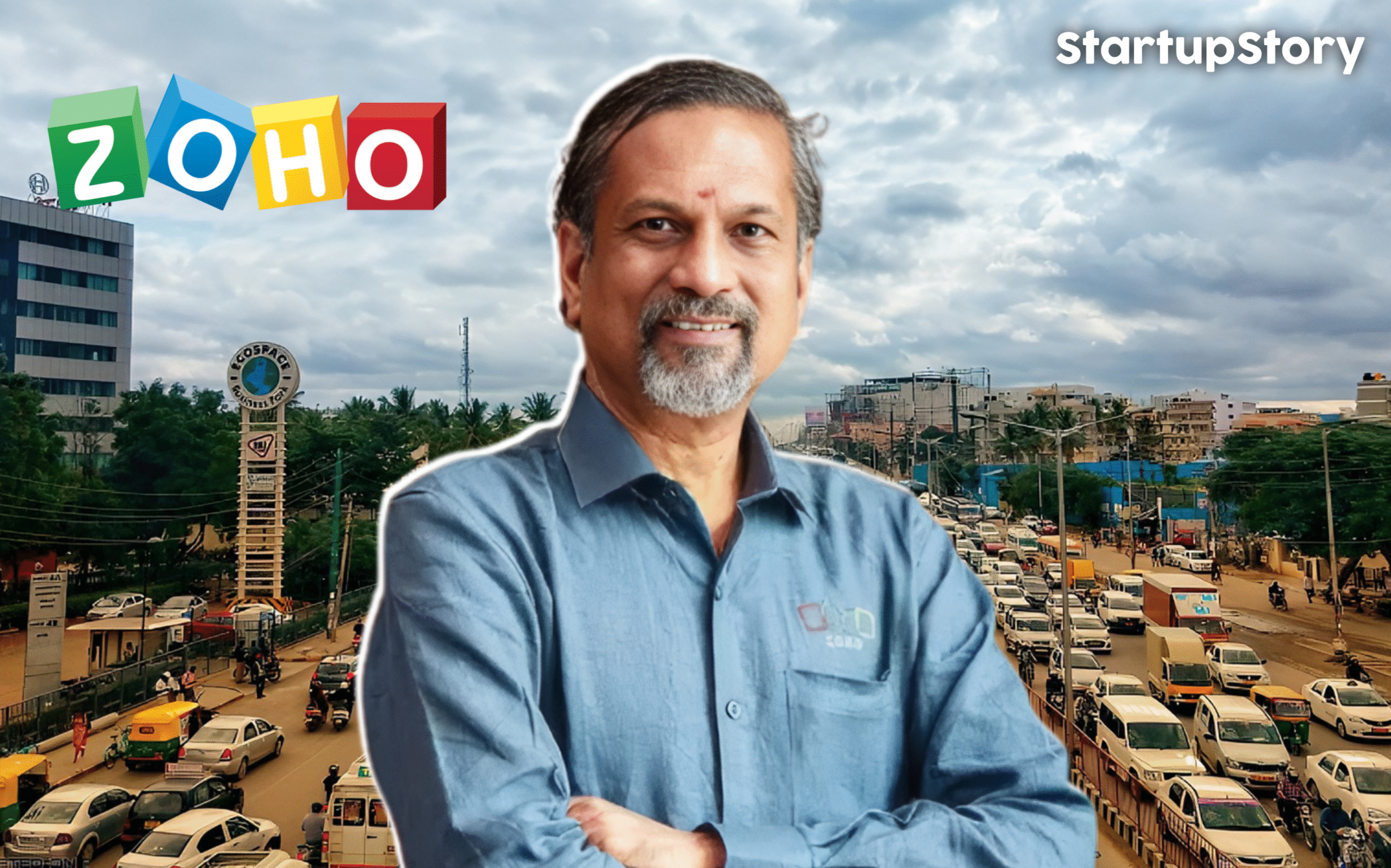
Social media giant X (formerly Twitter) has raised serious concerns in the Karnataka High Court, alleging that the Indian government is issuing content takedown orders without following due legal process. The platform claims this undermines transparency and violates the fundamental rights of users, especially freedom of speech.
The case could set an important precedent in India’s ongoing debate over digital censorship and platform responsibility.
X’s Allegation: Lack of Transparency and Legal Procedure.
In its petition, X told the Karnataka High Court that the government has been issuing blocking orders under Section 69A of the IT Act without providing valid reasons or giving users a chance to respond. Section 69A allows the government to direct platforms to take down content in the interest of national security, public order, or to prevent incitement.
However, X argues that many of these takedown demands do not meet the legal standards outlined in the rules and are often issued in a “sealed cover” format-without disclosing the reasoning or justification.
Violation of Free Speech and User Rights:
X claims that this approach directly violates users’ constitutional rights to free speech and expression under Article 19(1)(a) of the Indian Constitution. The platform believes that both users and platforms should have the opportunity to challenge takedown decisions before the content is removed.
By bypassing legal safeguards, the government is essentially operating in a “trust me, I know best” mode, which critics say is prone to overreach and misuse.
Not the First Clash Between X and the Indian Government:
This is not the first time X has locked horns with Indian authorities. The platform has been in the spotlight several times over the past few years for refusing to fully comply with content takedown orders-especially during politically sensitive periods like farmer protests or elections.
In previous incidents, X had complied “under protest” but has now taken the matter to court to defend its stand on user rights and procedural fairness.
Govt’s Stand: National Interest Over Platform Policy.
While the government hasn’t officially responded in court to the latest claims, it has previously maintained that national security and public order take precedence over any platform’s internal policy. Officials have also argued that tech companies operating in India must comply with Indian law, even if their policies differ.
But critics argue that such blanket statements do not justify a lack of transparency, especially when fundamental rights are involved.
What Happens Next?
The Karnataka High Court will now decide whether the government’s approach to content regulation is in line with constitutional and legal safeguards-or if it needs to become more transparent and accountable.
For now, this case could have far-reaching implications for platform governance, digital rights, and the future of free speech in India.




